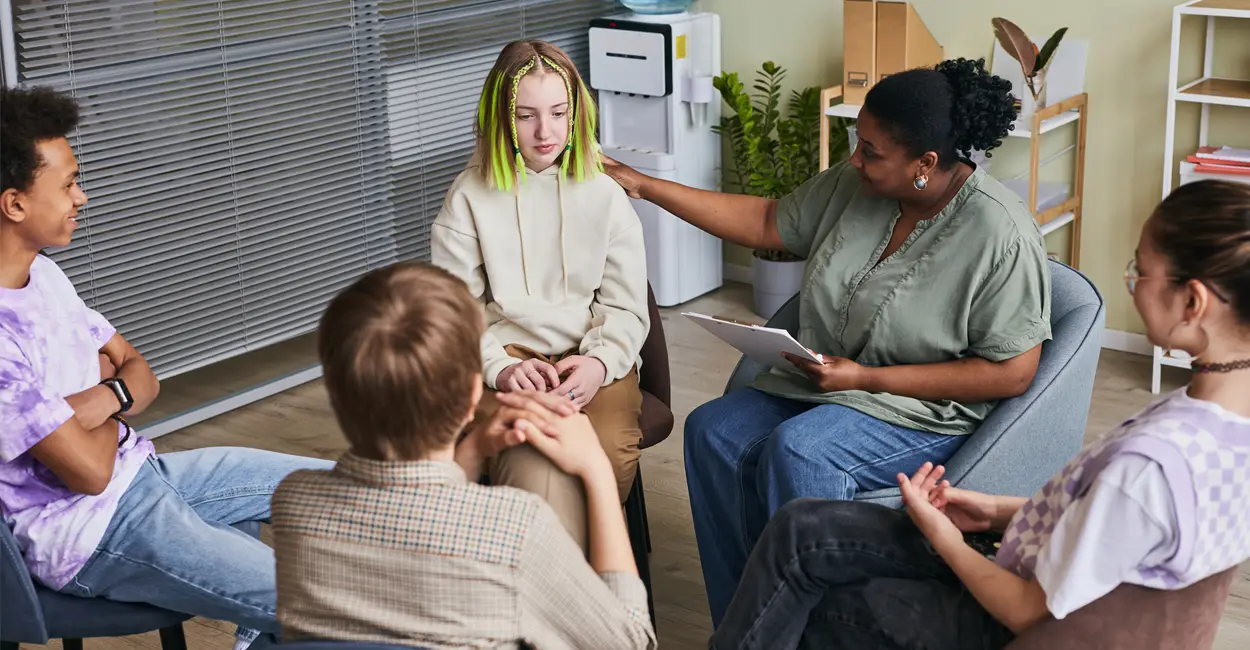24/7 Helpline:
(866) 899-221924/7 Helpline:
(866) 899-2219
Learn more about Medication-assisted Treatment centers in Northridge
Medication-assisted Treatment in Other Cities

Other Insurance Options

Oxford

ComPsych

Highmark

MHNNet Behavioral Health

Molina Healthcare

Group Health Incorporated

Cigna
Beacon

UMR

WellPoint

CareFirst

BlueCross

Covered California

Absolute Total Care

Medical Mutual of Ohio

Holman Group

EmblemHealth

Multiplan

UnitedHealth Group

Regence

Wish Recovery
Wish Rehab, located in the serene surroundings of Northridge, California, dedicates itself to provid...

San Fernando Valley Counseling Center
San Fernando Valley Counseling Center is a private rehab located in Northridge, California. San Fern...

A Step in The Right Direction
A Step in The Right Direction is a premier substance abuse and co-occurring mental health program. T...





















